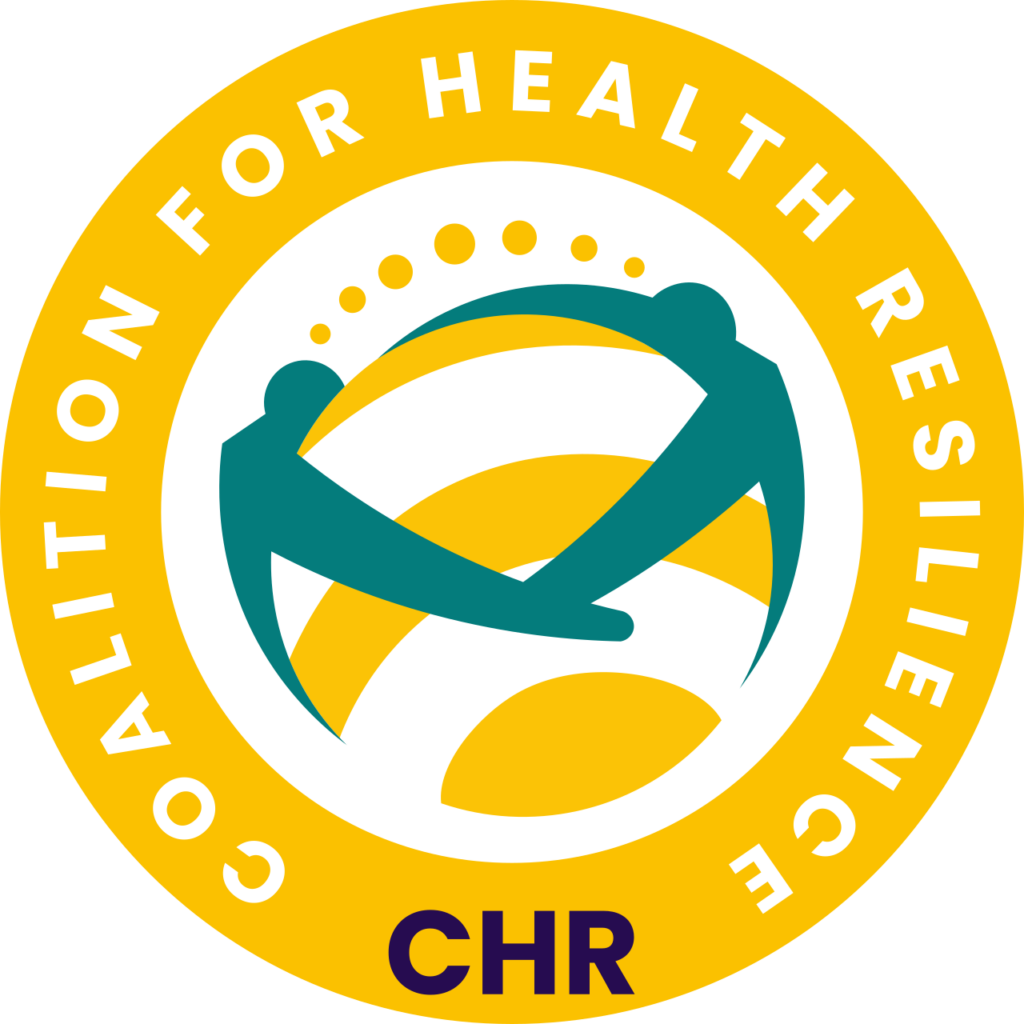The Coalition for Health Resilience represents people from all corners of the United States with vast experience in and deep commitment to a variety of global health related issues all over the world. We have volunteered our time to bring together stories, news, and resources that are critical for ensuring resilient public health systems. We came together because we recognize that public health intersects with all parts of life and we feel it is essential to foster a space grounded in data and unique lived experiences to build more resilient public health everywhere. We see the Coalition as an open space for anyone to join and contribute. Please consider joining us or contributing your voice!
Why we write
Our passion and commitment to public health motivates us. The recognized need to communicate what we know to others drives us. We are living through a shift in perception about public health and feel it is critical that we better communicate what we do and how we do it so communities are more resilient. Collectively, we bring with us the knowledge and experience to speak to a wide variety of issues, programs, and diseases. We write to share information, advocate for health programs, and educate those who wish to learn more.
Our Experience
Across the coalition, we have experience on a wide range of public health issues all over the world. Collectively we have worked across the United States, Latin America and the Caribbean, Africa, the Middle East, and Asia. We represent communities with rich lived experience strengthened by our knowledge as clinicians, researchers, and students. We have supported HIV programs, strengthened pandemic preparedness, addressed vaccine hesitancy, and supported maternal and child health programs to name a few. Our collective knowledge offers a foundation for us to engage with all sorts of topics, and our passion drives us to share what we know with the world.
What is Resilience
Resilience is simply the ability to respond, adapt, and recover when presented with a challenge. When we say health resilience, we are talking about having a society that can respond, adapt, and recover when we face a health challenge. These challenges can range from providing insulin in the face of a shortage, responding to an emergency event like a natural disaster, chemical spill, or conflict, or preventing an outbreak from becoming a pandemic. Importantly, resilience requires action at many levels (individuals, communities, hospitals, etc.) and at many times (preparing before a challenge, responding and adapting during a challenge, and recovering after a challenge).
